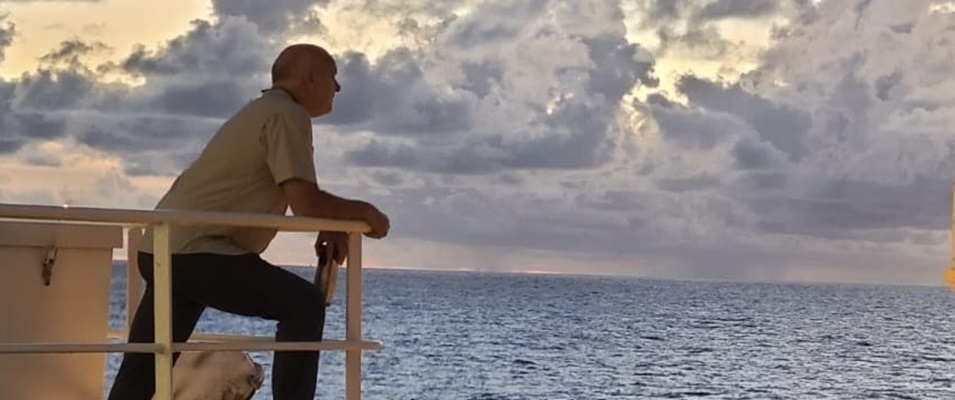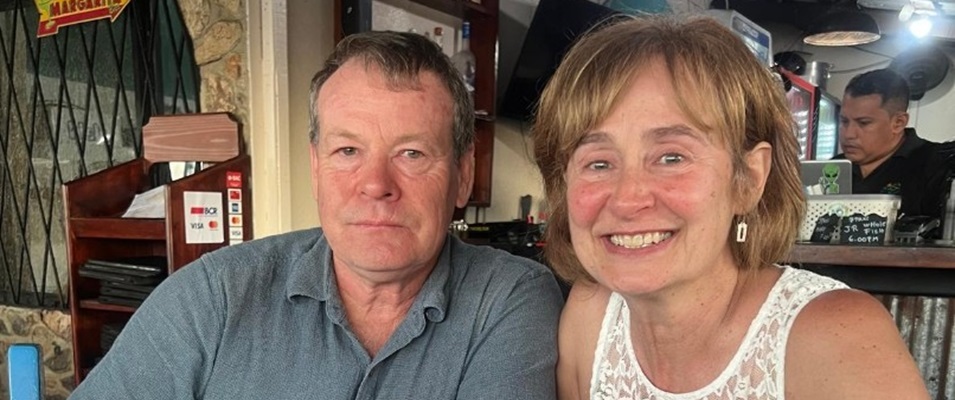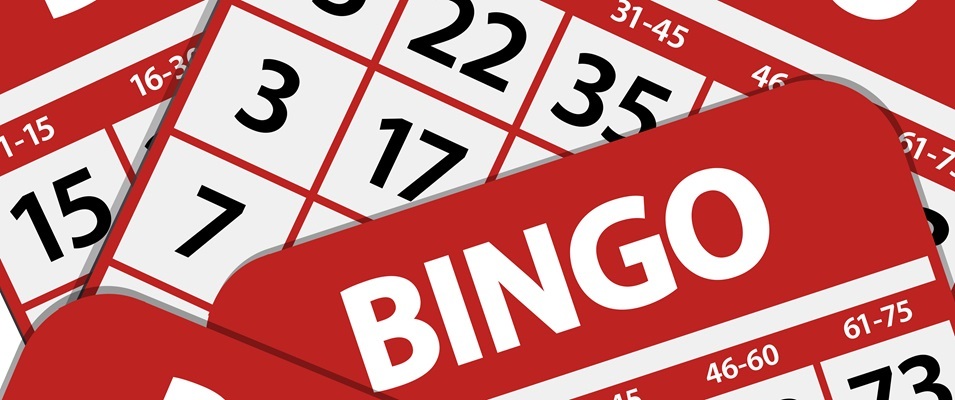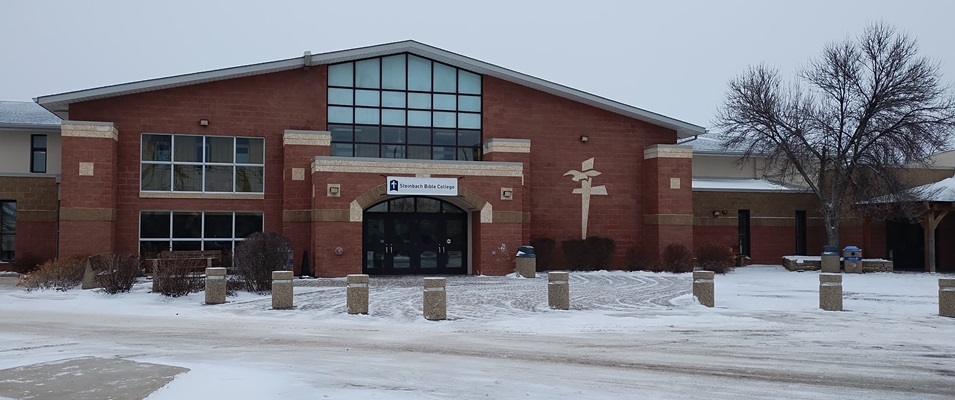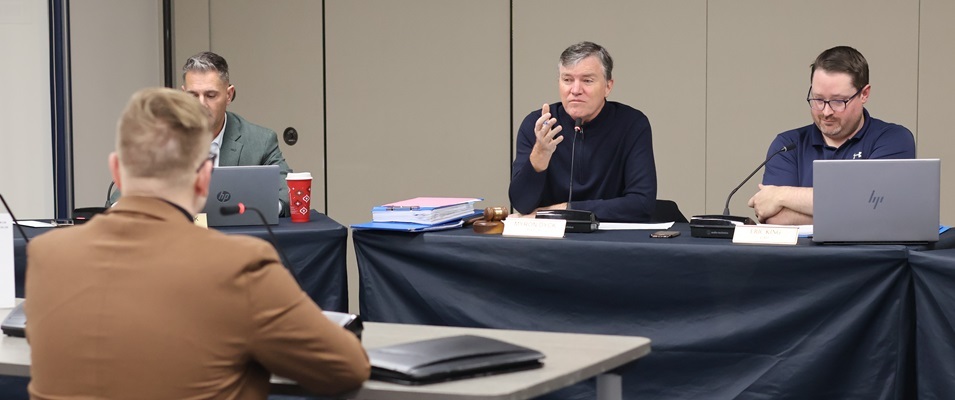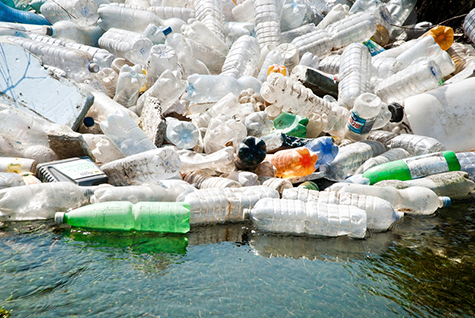
Plastic is everywhere. From cellophane to storage bags to water bottles, it has become one of the most widely used synthetic products for food and garbage containment since World War II. Loved for its versatility, it is lightweight, inexpensive to produce, strong, and waterproof.
But plastic has a dark side.
Dubbed “the most ubiquitous consumer item in the world” by Guinness World Records, it has also become the leading source of pollution worldwide. Our landscapes and beaches are littered with it, city sewers clogged, landfills overflowing, and oceans overrun. It is killing our wildlife and poisoning our bodies.
“The plastic bag has come to represent the collective sins of the age of plastic,” says Susan Freinkel, author of Plastic: A Toxic Love Story. The world consumes more than 1 million plastic shopping bags every minute. Over the last 10 years, we have produced more plastic than during the whole last century. And 50 percent of the plastic we use, we use only once and then throw it away. Enough plastic is thrown away each year to circle the earth four times.
Unlike most other garbage, plastic doesn’t biodegrade. It is estimated to take 500 to 1,000 years to completely break down. The earth can’t digest plastic, and it cannot eliminate it. Although it tries, transporting it through sewers and waterways and rivers, eventually it ends up in the ocean.
Today, billions of pounds of plastic can be found in the oceans, swirling in currents and piling up in what’s become known as the Great Pacific Garbage Patch. Located in the North Pacific off the coast of California, it is only one of a collection of oceanic garbage sites in the world. It has a floating mass twice the size of Texas, the plastic pieces of which outnumber sea life 6 to 1. These pieces break down into smaller and smaller pieces, winding up in the bellies of animals, killing 1 million sea birds and 100,000 sea mammals annually.
“Stop already,” you’re saying. But there’s more. Plastic is made from petroleum products. Every year we use 17 million barrels of oil to create plastic water bottles alone. That’s enough to fuel 1 million cars. What’s more disturbing is that plastics contain toxins like flame retardants, BPAs, and PVCs, which leach poisons into our ground water, lakes, rivers, and oceans, affecting sea life and our own bodies. 93 percent of us test positive for plastic toxins. These toxins are responsible for cancers, birth defects, impaired immunity, endocrine disruption, and a host of other ailments.
What can we do? One option is bioplastics, made from natural vegetable oils, fats, or cornstarch. But that would require using much-needed farmland, taking away from our current food supply. Another option is to recycle, but it’s an expensive endeavour which doesn’t address the toxicity issue. Only 6.5% of our plastic is being recycled today.
The best response is to eliminate. We can start with single-use plastics: disposable water bottles, bags, straws, coffee cup lids, Slurpee cups, take-out containers, plastic utensils, and diapers. Use cloth grocery bags, take your coffee mug to the corner store, use re-usable water bottles, and take a lunch box to work. Online companies like Life Without Plastic offer earth-friendly options from hemp sandwich bags to bamboo eating utensils, and Little Tree Huggers designs modern cloth diapers.
It’s up to us to break the plastic addiction and stop the monster in its tracks. And the best time to do it is right now.





